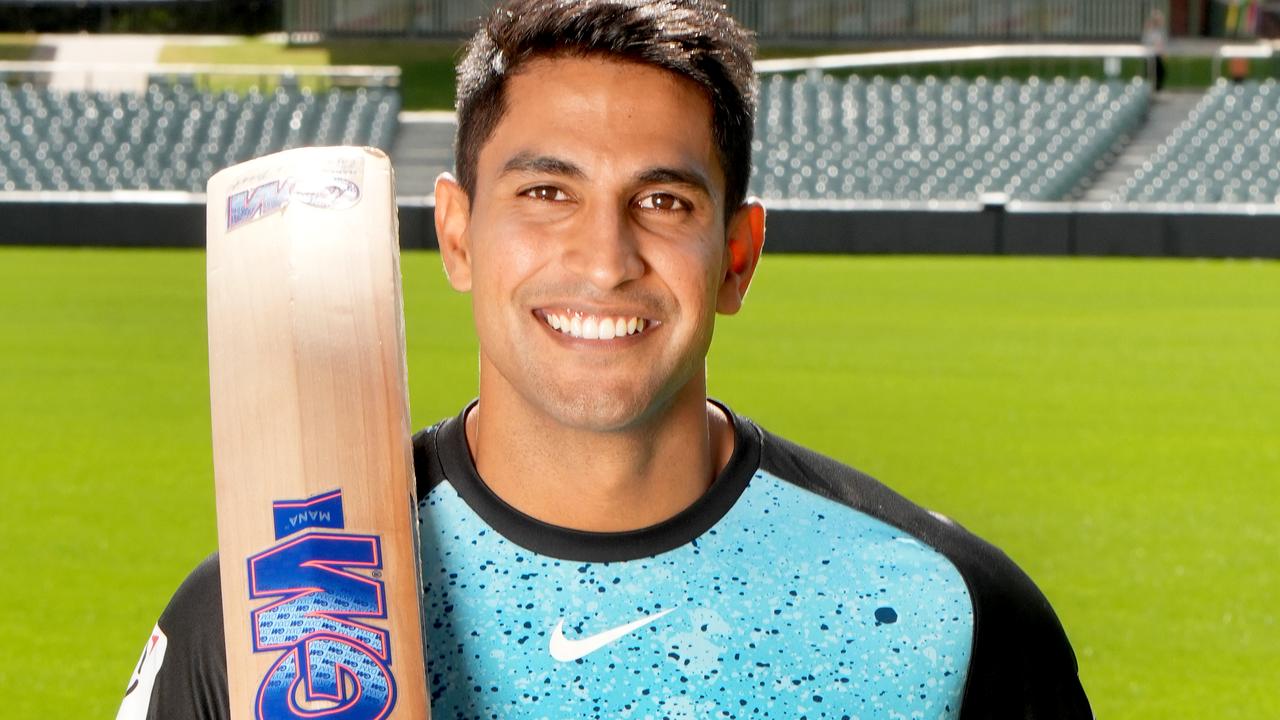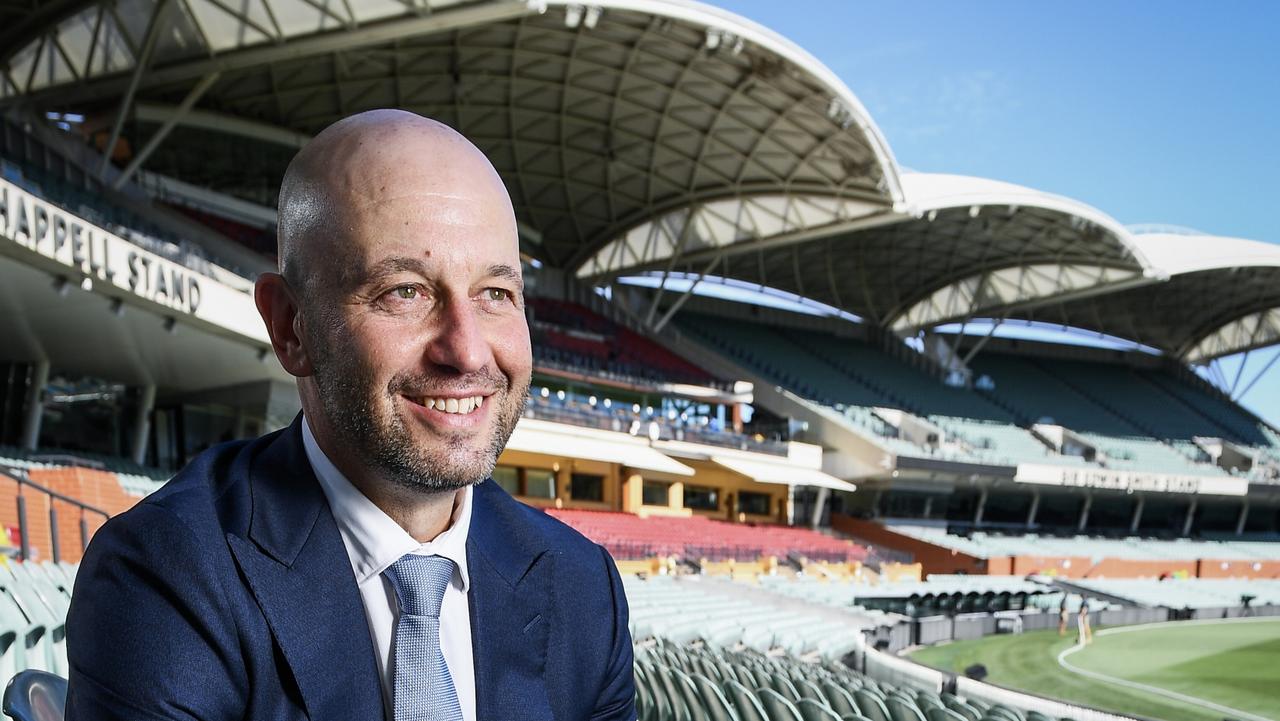Plight of the Melbourne Stars and Melbourne Renegades a headache for BBL
They once drew over 80,000 to the MCG and played off in a grand final almost five years ago, but now the Stars and Renegades are a major headache for the BBL.
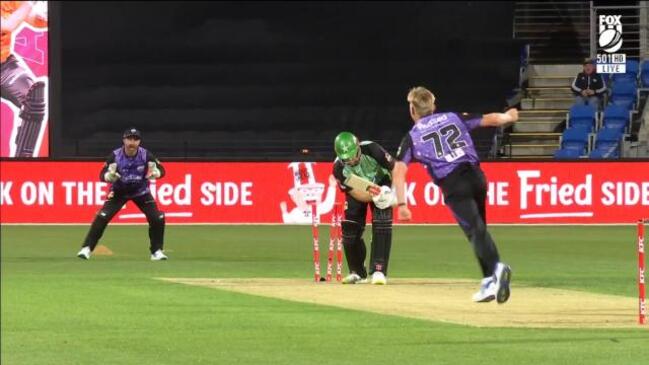
Big Bash
Don't miss out on the headlines from Big Bash. Followed categories will be added to My News.
The lost relevance of the Melbourne Stars and Melbourne Renegades has become a “black eye” for Australia’s sporting capital and a major headache for the Big Bash League.
Recent victories have reignited the finals’ hopes of both teams ahead of Tuesday’s Melbourne derby at the MCG, but already there are calls for Cricket Victoria to launch a no-holds barred review into why its once vibrant BBL outfits have lost their identities.
Since the Renegades and Stars famously squared off in the 2018-19 grand final, a Melbourne team has finished with the wooden spoon for four years running.
In this year’s Women’s Big Bash League, the Renegades and Stars finished last and second last respectively.
A once pulsating rivalry that packed out the MCG in January 2016 with more than 80,000 people has turned beige and left a massive viewership void for Channel 7 and Fox Sports in the crucial Melbourne market.
So what has happened?
Inaugural Renegades president James Brayshaw traces the slide back to the controversial decision by CV following the 2018-19 grand final derby, to dissolve the boards of the Stars and Renegades and bring them in-house.
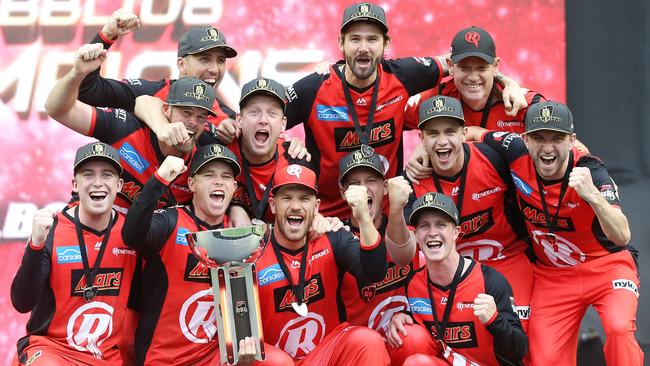
“I didn’t understand it then and I don’t understand it now,” Brayshaw said.
“It’s just a shame. It didn’t have to be that way.”
Stars president Eddie McGuire and Brayshaw’s successor at the Renegades, Jason Dunstall, were both removed from their roles when the boards were dissolved, as CV decided it wanted to take control.
It was a big call.
The BBL had struck gold by having McGuire, who hosted breakfast on Triple M, spruiking the Stars at every opportunity, even threatening legal action against rivals like Tim Paine, and then Brayshaw pumping up the Renegades on the station’s drive show, and later Dunstall on Fox Footy.
In the early years of the Big Bash, the Stars were turning a bigger profit than AFL powerhouse Collingwood, and McGuire, president of both those organisations, had embraced the ethos of being the side other BBL outfits loved to hate. He had visions of taking his “best of the best” team global like IPL franchises are now doing.
McGuire understands why CV wanted to seize governance, but feels it underestimated the amount of work the independent boards of the Stars and Renegades had poured into the identity of the clubs.
“We’d actually got inside people’s core. People barracked for the Stars. They loved the Stars and they loved the Renegades. Teams wanted to beat the Stars – all these things were happening,” McGuire said.
“Then suddenly it became more about administration than it did about entrepreneurship.
“And if there’s one thing in life that will kill a good idea, it’s getting the lawyers and the accountants involved.
“The thing about it was it was great fun. And that’s what sport has to be. As soon as it becomes part of a marketing plan or a cost saving exercise then you’re in trouble.
“People don’t realise – and they can never realise – how much time we put into it.”
Leading broadcaster Gerard Whateley, who understands the Melbourne sporting culture better than most, says it was a seismic blunder to bring the Stars and Renegades under the same roof in the manner it happened.
“It was a moment of extreme hubris by Cricket Victoria to dissolve the boards and bring those two teams in house at the moment that they did,” Whateley said.
“I think there was an arrogance that they knew how to do it better and it hurt the cricket programs and cost them millions and millions.
“But it’s the cricket intellect I think was sacrificed. The (two clubs) had a really good hold over what their teams were and they competed against each other.
“I don’t think (Cricket Victoria) was set up adequately with the knowledge and the intellect to bring them in and (they) almost absolved the competing aspect, or one was prioritised over the other. The initial suspicion was that the Stars were prioritised over the Renegades and that’s immediately how it looked on the field.
“It’s a black eye for the sporting city of Melbourne that both teams have been unsuccessful since they played in that entirely memorable final.”
Brad Haddin was instrumental in setting the standards at the Sydney Sixers, who have remained a consistent force throughout the 12-year history of the competition, but the Test great and Fox Cricket expert warned life was difficult for the two-team towns Sydney and Melbourne.
“Two-team towns are disadvantaged with having to split their talent. You see last year’s final you’ve got the Perth Scorchers and the Brisbane Heat who don’t have to do that,” Haddin said.
“You need to break the two-team towns away and have a bit of rivalry and let them pick their talent. Let them sell a dream to play for the Renegades. It looks like they’ve lost their identity a bit.”
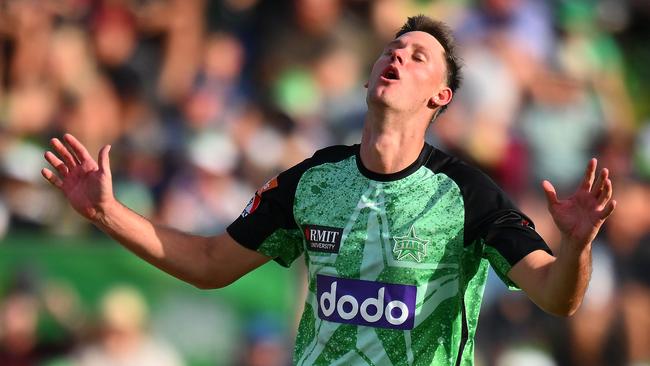
Fox Cricket boss Matt Weiss said the importance of thriving Melbourne and Sydney teams in the BBL meant administrators may need to consider introducing a competition-wide player draft if the struggles of the Stars, Renegades and Sydney Thunder continues.
“The most populated states are very important markets. And to have the two Melbourne teams on the bottom for the last two seasons is not ideal,” Weiss said.
“Ideally we want great competition right across the board. We’ve seen other sports the AFL, the NFL that have equalisation policies and maybe if this trend was to continue that’s something the comp needs to look at.”
As just one example of what two team towns are up against, the Stars this year had a current Australian star make a non-binding agreement to come to the club.
But the player was told at the 11th hour by his home state that if he left its BBL team he wouldn’t be able to play Sheffield Shield cricket – and he ultimately reneged.
This is a tactic the Perth Scorchers have used in the past and recently Queenslanders Matt Renshaw, Michael Neser and Usman Khawaja have all returned home to the Brisbane Heat.
CV chief executive Nick Cummins made it clear that, ultimately, CV was responsible for recharging the Stars and Renegades, but he believes there is more Cricket Australia and the Australian Cricketers’ Association can do to help two-team towns Sydney and Melbourne.
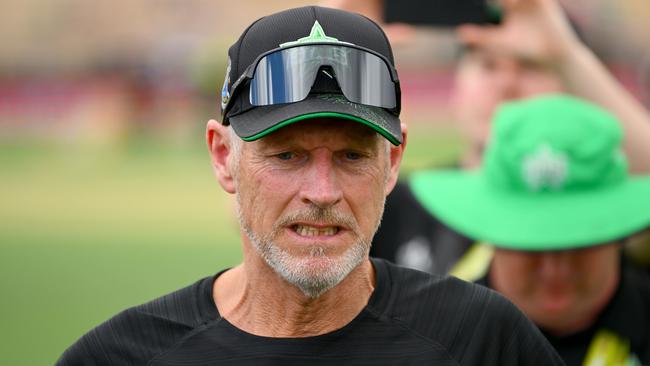
“The best and fairest way for equalisation is a draft. Clearly. The ACA have been on record as saying that they’re not supportive of that,” Cummins said.
“What we are seeing is an emergence of there being a real competitive advantage of being a one-team program. It’s challenging for NSW and Victoria.
“We aren’t complaining about it but we have to acknowledge it’s a thing and we need to start thinking about how we combat that.
“As it currently stands, we have a set number of state contracts that need to staff two teams. That’s the same number of state contracts WA have, and they only have to serve one team.
“But the reality is it’s our responsibility.”
Cummins refuted the claims of Brayshaw and McGuire that dissolving the Stars’ and Renegades’ boards has caused the slide.
But he conceded the Stars had lost some of their identity.
“I agree with that but I don’t think that’s a product of shared services or anything like that,” Cummins said.
“The DNA of the Stars, from the type of players you recruit to the way you behave, I don’t think that’s as strong as it was and I do think that’s something we should continue to get back to.
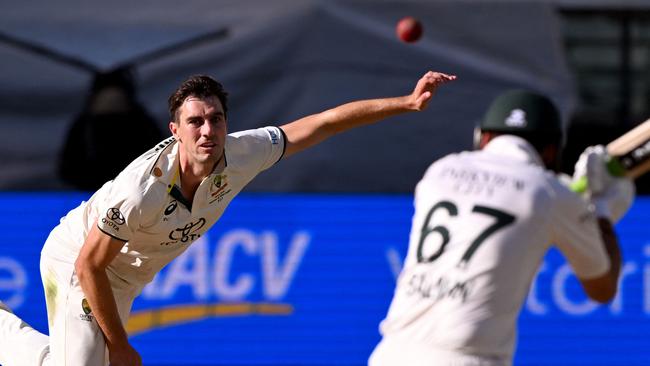
“If you’re Cricket Victoria, the cultures within those two departments (Stars and Renegades) are quite different. We want that. We want them to work together in terms of growing the game, but when they’re competing, we want them to try to kill each other.
“(Dissolving the boards) was before my time, but I don’t think it was a mistake, because the decision wasn’t made around high performance, it was made around the fact Cricket Victoria had very little control or interest in either of the two teams.
“Ultimately if we’re saying the best performing programs at the moment are the ones that are most integrated with their state cricket (Perth and Brisbane), then it’s almost counter-intuitive that the best way to do it would be to run separate programs.
“I don’t think that changing governance is a contributing factor to the performance.”
Cricket great and leading Channel 7 personality Damien Fleming was on the inaugural Stars’ board with McGuire and said a review must take place at season’s end.
“Cricket Victoria really need to have a look at how they’re going to improve the performances of both teams, because what’s been happening the last few years just hasn’t worked,” Fleming said.
“If it was AFL teams, how much scrutiny would be on them?
“Melbourne people love sport. They watch a lot of sport. To not have at least one team right at the top is hurting Victorian cricket, but it’s also hurting the competition.
“You’ve got to be pushing for the finals every year. There’s no alternative.”
More Coverage
Originally published as Plight of the Melbourne Stars and Melbourne Renegades a headache for BBL




